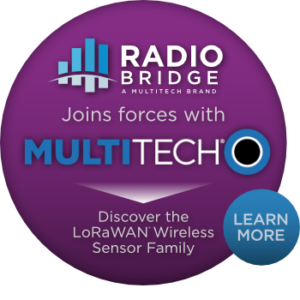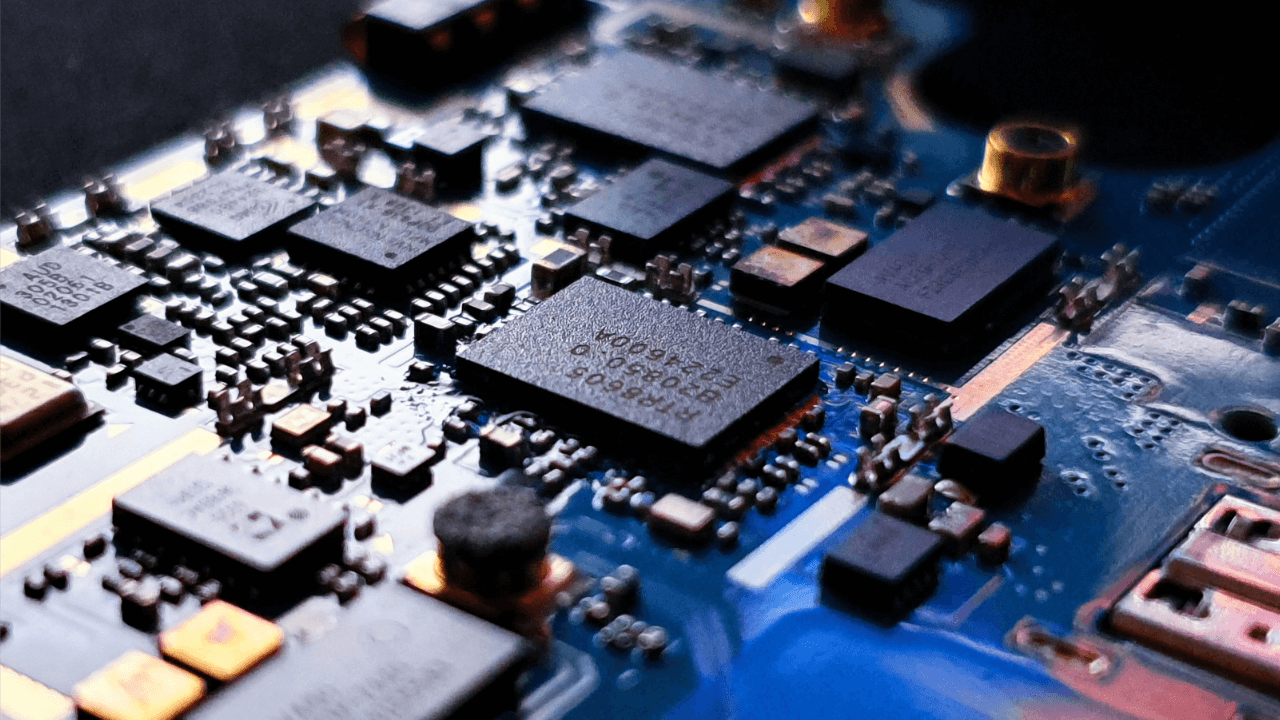
Oftentimes, Internet of Things (IoT) sensors and systems require customization, particularly those that are manufactured in high volumes for specialized applications. However, it can be difficult to achieve desired results with off-the-shelf devices.
It takes significant expertise to launch new IoT networks successfully. Operators must understand the technical capabilities of their devices, as well as how they should work together with other components in the broader system.
At Radio Bridge, a MultiTech brand, we can create custom wireless sensors to help leaders bring their IoT applications to life. Businesses can deploy these devices within existing networks or use them as the backbone infrastructure for new projects.
Below, we discuss the advantages of custom wireless sensor design and highlight real-world use cases from past Radio Bridge projects.
The Advantages of Customization
Through wireless IoT sensor customization, operators can accomplish much more than they would otherwise with standard, out-of-the-box devices. They can extend the capabilities of their sensors and enhance the power of their networks with careful execution.
Combining Sensor Types
Rather than use many types of sensors, organizations can build custom devices that serve multiple purposes. For example, they can create a sensor capable of detecting both liquid presence and air quality rather than purchase two different devices. Consolidating sensor functionality can simplify management for operators and minimize implementation costs.
We’ve helped several clients design sensors that can monitor various environmental conditions. For example, our team created a three-in-one custom wireless device that had tilt, thermocouple, and magnetometer detection capabilities. Our client wanted to install the new sensor on power poles to track falls and overheating in transformers. We also added an aluminum enclosure to protect the device from lightning strikes.
In another project, we built a puck-style sensor for a residential property manager that could detect water leaks, temperature, humidity, and movement. As a result, our client didn’t need to install and manage four different types of devices. The sensor reports tampering or any environmental issues directly to the building’s LoRaWAN® network.
Improving Network Reliability
Device reliability is tremendously important in any IoT application. Through customization, operators can reconfigure sensors to store data for longer periods in order to mitigate the negative impacts of network failures or downtimes.
For example, our team helped a client modify vibration sensors to cache data for up to 48 hours. Should a network issue occur, the modified sensor would help operators recover any data that would otherwise have been lost during that time.
Designing Application-Specific Sensors
Occasionally, it makes more sense for an organization to design completely new sensors specific to a particular application. These devices can be especially useful for unique or unproven applications.
For instance, we helped a client design and manufacture a sensor that could talk to Vaisala weather stations through RS-485. The company now uses these devices to communicate weather data to a LoRaWAN network.
In another project, our experts created a sensor that could detect vehicles in parking garages using ultrasonic technology. The new device sends information about parking spot availability to the client’s LoRaWAN network.
We also recently built a custom interface to a soil monitoring sensor that could be used in agricultural applications, in addition to a new refrigeration sensor with a special form factor, enclosure, and power supply specific to a refrigeration vendor.
Meeting Specific Certification Standards
Companies with global operations often need to obtain international and safety certifications from various agencies, including the ETSI, CE, UL, and ISED. We’ve customized existing Radio Bridge sensors for clients targeting certain certification standards and have brought those sensors through the certification process itself.
Due to the fact that Radio Bridge has all design expertise internally, updates to designs have been performed on the fly inside of certification houses in order to pass on the first attempt.
Enhancing Functionality
Many businesses don’t require new devices for their specific IoT applications. Instead, they can accomplish their goals by making changes to off-the-shelf sensors.
For example, we programmed new LED flash and press patterns into a wireless push button so that our client could trigger different behaviors. We also reconfigured relay controllers that use Class C LoRaWAN radios so that the sensors could turn other network devices on and off automatically.
Enable Your Unique IoT Application Today with Radio Bridge
At Radio Bridge, we deliver low-cost, custom LoRaWAN design services for many types of businesses. Because our in-house team handles all original design work, we can quickly update and reconfigure components according to the needs of our customers.
In most cases, we can build prototypes in a matter of days or weeks, depending on the level of complexity. Our engineering team takes a modular approach to design, which enables us to easily mix and match elements of our stock sensors to accelerate custom orders.
The features that can be modified in our standard LoRaWAN IoT sensors include:
- Antennas
- Cloud software
- Electronics
- Firmware
- Mechanical enclosures
- RF circuits
We commonly receive requests to do the following:
- Combine several sensor types into a single device
- Make small behavioral changes in device firmware
- Customize form factor to fit within customer enclosures
- Build new sensor types from scratch
Even if we didn’t address your particular IoT application or use case here, it is highly likely that we can fulfill your custom sensor design needs.
Beyond creating and manufacturing custom sensors, we also offer sensor-to-cloud LoRaWAN system design services. Our engineers can customize gateways, network servers, user interfaces, and more. We deliver all systems with training and support to ensure operators have what they need to be successful.
Need help designing a custom LoRaWAN sensor or network for your specific IoT application?





